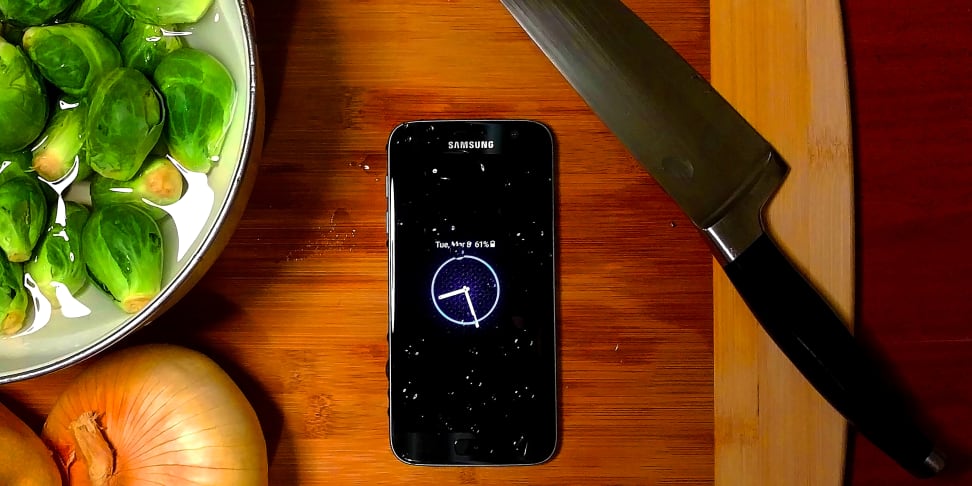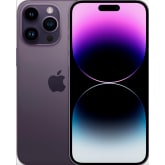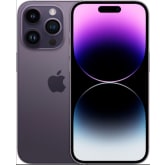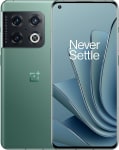Choosing a new phone can be fraught with anxiety. This is, after all, a gadget that you’ll be interfacing with every day, morning to night, for the next couple years or more. And with so many options on the table these days—operating system, screen size, front and rear camera quality, regular or wirelessly charging—it’s natural to feel overwhelmed.
If you’re wondering what the best phone on the market right now is, then you’re lucky; because we’re here to make some recommendations for you. If you want the best of the best but are on a tight budget, we also have a list of The Best Smartphones Under $500 that you can take a look at.
From battery to processor to screen quality and beyond, these overall best smartphones can safely be considered the cream of the crop. You should know that the best current smartphones usually don’t come cheap. But you know what? The best things in life rarely do.
To help you find the right smartphone, we explored a variety of options available online, as well as used our own knowledge and experience with smartphones. Based on our expertise, we found these to be the best phones you can buy online right now.
What To Consider Before Buying A Smartphone
The Type of Operating System
The two major operating systems for smartphones are Android (used by several manufacturers) and iOS (found in Apple products, such as iPhones, iPods, and iPads). There are several major differences between these two operating systems, but mainly you’ll find that Android is very customizable, while iOS is a closed source.
Who Is Your Phone Carrier?
Many smartphones are compatible with most major phone carriers, such as Sprint, T-Mobile, Verizon, and AT&T, but it is still important to consider the type of phone plans your phone carrier offers for the smartphone you want and if it is within your budget. If you're unsure, ask about whether a given device is locked or intended for a specific network before you buy.
How Much GB Storage You Want to Have
The amount of gigabytes (GB) you choose for your smartphone will depend on how much content and information you will store on it. The lowest you can go is 8 GB (not a common pick) and the highest you can go is 512GB. Most people choose 128GB to start, but you can easily buy more storage if you run out of space (it happens to the best of us, especially if you decide to take endless photos on a vacation).
The Size of the Phone
If you want to fit your phone in your pocket, then any of the iPhone's pro max models may not be ideal. In this case, it would be good to choose a smaller size phone, such as the Apple iPhone 14 Pro or Samsung Galaxy Z Fold 4.
Some people prefer a bigger screen though, especially since it’s easier and more enjoyable to view content on it that way; but since we take our phones everywhere with us, you may want one with smaller dimensions. That is, of course, personal preference.
Phone Camera Quality
Newer smartphone models tend to have the best camera quality, since that is one of the most common upgrades of getting the latest and greatest smartphones on the market.
Camera quality is measured by the number of megapixels there are. The more megapixels there are in the camera, the clearer and more sharp your photos will be. For example, the iPhone 14 Pro Max has a 48MP camera system, which is the best camera iPhone has released so far.
Battery Strength
The most common battery seen in smartphones is the lithium-ion battery. If your battery is new, your smartphone will have a strong battery, meaning it could last well over 24 hours without dying, as well as have fast-charging capabilities.
On average, depending on how much you use your phone, a smartphone battery will last two to five years (300 to 500 charging cycles). Although, the more you charge your battery, the quicker it will weaken (that is why it is good to let your phone die or wait until it is almost dead to recharge it).
You should therefore look for a smartphone with a lithium-ion battery and ideally buy a phone that is new, not used.
More Articles You Might Enjoy





















